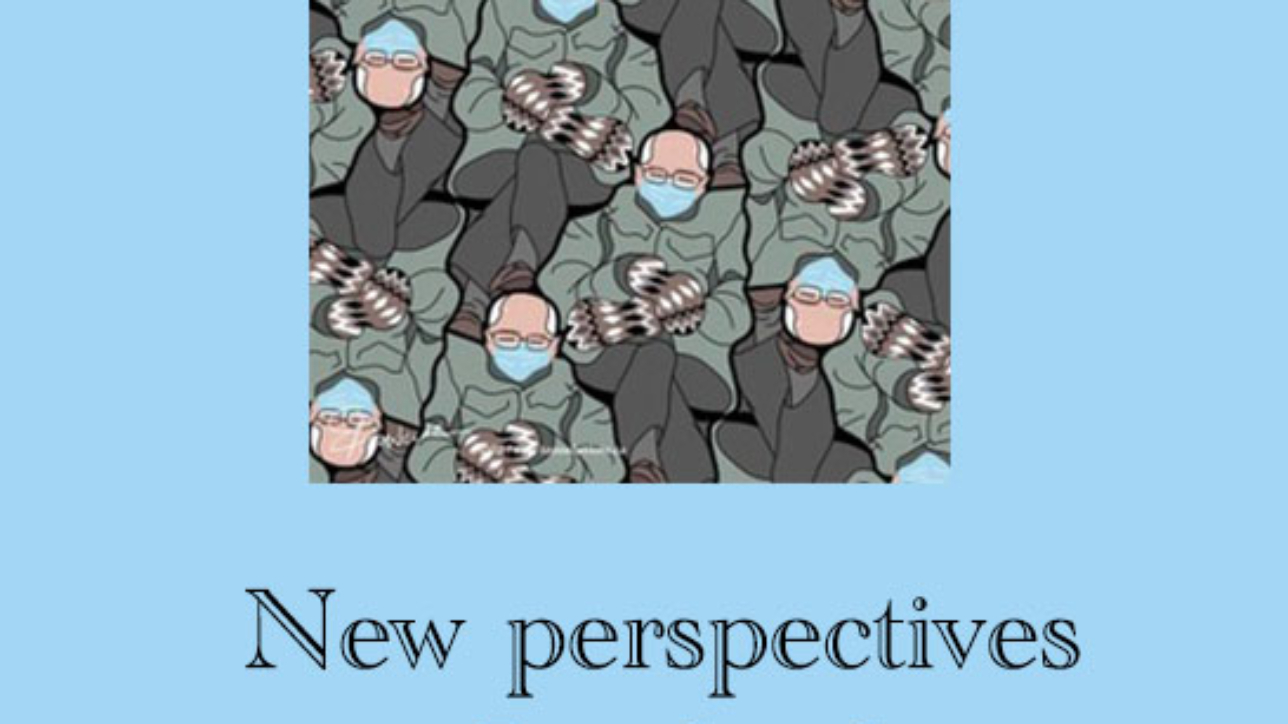
“Leadership is wanting to do something new and better and getting others to go along.” Humble Leadership, E. Schein
We have completed 20 years in the third millennium. What have we learned about Leadership in the 21stcentury?
Personally, twenty years ago, I wasn’t that interested in the question of Leadership. I was more focused on personal development, reconnecting with my own sense of agency and being at least a decent follower.
Over the years, with experience, study and maturity, the question of leadership became central to my work and exciting to me.
In the pursuit of understanding what leadership is, comes questions related to team dynamics, cultural transformation, power, social identity, community, and spirituality. So many essential reflections!
In a time of institutional leadership change, I thought that it might be useful to take stock of what is effective leadership in the 21st century.
Here are my subjective and non-exhaustive seven essential observations based on my own experience, what I’ve witnessed in organizations and what I’ve read in academic literature about leadership trends. Feel free to add your own good sense to this list!
1- Leadership in the 21st century is mindful
Effective leadership is vigilant in observing itself as a scientist would do, staying as close as possible to reality. It understands that explicit values and implicit beliefs shape culture and in turn shape success, or not. At a fast, full and ever-shifting pace, it is critical for leaders to carve out space and time to reflect, process and innovate.
2- Leadership in the 21st century is relational
Effective leadership relies on building open, personal, and trusting relationships*. It invests emotional labor in people getting to know each other’s personal stories, beyond roles and public images. In a highly diverse and inter-dependent world, effectiveness is tied to connection; collaboration is key; vulnerability and humility are necessary; trust is the glue.
* Humble Leadership, E. Schein
3- Leadership in the 21st century is heterogeneous
Effective leadership challenges tribal instincts (us versus them) to collaborate across the board and invite in others’ points of view. It values, promotes and harnesses diversity of styles and identities. It reshapes its power structure** to foster a context in which different or marginalized voices can safely bring their whole self to the work at hand – and have agency.
4– Leadership in the 21st century is distributed
Effective leadership resists the “command-and-control” model – or the “charismatic-super-hero” one. In a volatile, uncertain, complex and ambiguous world (VUCA) facing innumerable challenges, success can’t lie on one person’s shoulders. Effective Leadership gives power to others to engage and grow. It doesn’t need to be lonely at the top. There doesn’t even have to be a top.
5- Leadership in the 21st century is personal
Every Leader has its own style. Comparison might be inevitable but is ultimately irrelevant. The more you know and enjoy all the parts of who you are (idiosyncrasies, roots, strengths and weaknesses), the less you need to compare yourself to others, hide your flaws and prove your greatness. The more you show up authentically as a leader.
6- Leadership in the 21st century is dedicated
In a highly diverse, inter-connected and inter-dependent world, social and environmental inequities are unavoidable. Racism hurts. Climate disasters hurt. Inequalities hurt. Greed hurts. Fallacy hurts. Effective Leadership doesn’t want to ignore these realities, rather uses its influence to contribute to healing them.
7- Leadership in the 21st century is everywhere
You don’t need a title or a diploma to want to do something new and better and get others to go along. You might have the fraud syndrome, but you also have the right – and certainly the capacity however dormant- to be a leader, no matter where you are in your life and what you are currently doing. To the extent that you can, use your right.









Wonderful post, Carole! I’ll be sharing with my colleagues.
Absolutely love your post! Spot on!
Inspirational! Thank you Carole for your dedication and brilliance!